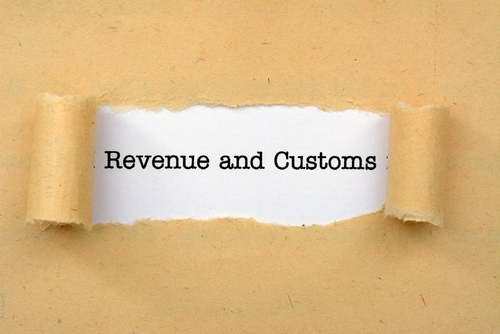As from 6th April 2014 a new National Insurance Contributions (NIC) employment allowance of £2,000 will be available to many UK businesses. But how much do you actually know about this legislation, and are you even aware of whether your business is entitled to claim it?
It’s not a cash-back scheme
Unfortunately, this allowance doesn’t mean £2,000 is going to land in your business’s bank account on 6th April 2014. Did you really think HMRC were that generous?
Instead, it reduces the amount of employer’s national insurance you pay to HMRC on your staff’s wages, up to £2,000 in a tax year. So if you usually pay less than £2,000 to HMRC a year in respect of employer’s NI, it will eliminate this bill completely – but remember you will still have to deduct employee’s NI and PAYE from your staff’s wages and pay those over to HMRC.
It goes against employer’s NI only
As I’ve just mentioned, you can’t use this allowance to reduce your PAYE and employee’s national insurance bills. That’s unless you only realise part way through the tax year that you can claim employment allowance, in which case, so long as your PAYE liabilities are all up to date and fully paid, HMRC will set the unused allowance off against your PAYE liabilities.
For example, if you only realise in August 2014 that you were entitled to claim employer’s national insurance, then instead of having to rerun your payroll for April-July, HMRC will let you offset the amount you would have claimed in April-July against your PAYE liabilities for the rest of the tax year.
You still won’t actually receive any cash, it’ll be a matter of paying less over the next months.
It’s for employers only
Employer’s NI is only paid on employees’ wages. That means that only businesses which employ and pay staff will be entitled to claim the employment allowance.
For example, if you’re a sole trader or in partnership and you don’t employ any staff, you can’t claim employment allowance, because the business doesn’t pay employer’s NI on any money you, as the business owner, take out of the business.
It’s not for all employers
Not all employers are entitled to the employment allowance.
Employers of domestic workers, such as nannies, gardeners and au pairs are excluded, as are businesses that work more than 50 per cent in the public sector. However, security guards and cleaners working in government buildings, and businesses working on IT contracts for government, are not covered by this exclusion. (Yes, that does mean there is an exception to the exception, which is why it is always important to read the small print.)
It contains a payback clause
If you become ineligible for the employment allowance part way through the tax year, for example you start to carry out more than 50 per cent of your work in the public sector, then not only do you have to notify HMRC that you’re no longer eligible to claim the allowance, but you have to pay back what you have claimed in the tax year.
As an example, if you are running a payroll bureau and in August 2014 you land a big contract to run payroll for your local hospital, which represents more than 50 per cent of your business’s work, then you would become ineligible for the allowance, and have to repay anything you have claimed in April-July.
If you’re not sure, seek further guidance from your accountant or HMRC.





